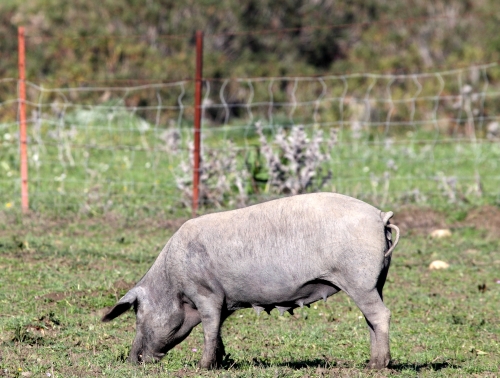Classical swine fever (CSF) and African swine fever (ASF) are two highly transmissible viral diseases affecting domestic pigs and wild boar, with major economic consequences on pig farming and on pig-product markets. These diseases are not transmissible to humans.

At global level, trans-border animal diseases fall under the remit of the World Animal Health Organisation. In the EU, measures to control and eradicate CSF or ASF are governed under the general animal health policy rules and under disease-specific Directives.
For CSF, the EU situation has largely improved and only a few sporadic outbreaks have been reported in recent years. ASF however is on the rise since 2011 in Sardinia (Italy).
All pigs in a farm infected by CSF or by ASF must be killed and destroyed. Special veterinary surveillance in surrounding zones, restrictions on movements and a ban on trade in swine products are additional measures required to prevent spread of the virus. Vaccine use is prohibited, but vaccination can be authorised exceptionally by the European Commission.
The EU also provides financial assistance to Member States in their efforts to control, monitor and eradicate these diseases.
A proposal for a new framework regulation on animal health should be tabled by the Commission in 2013.









[…] analysts and information specialists were working hard in the background to bring you briefings on Control of swine fever in the EU – looking at the current situation in the EU for this highly-transmissable viral disease, as […]